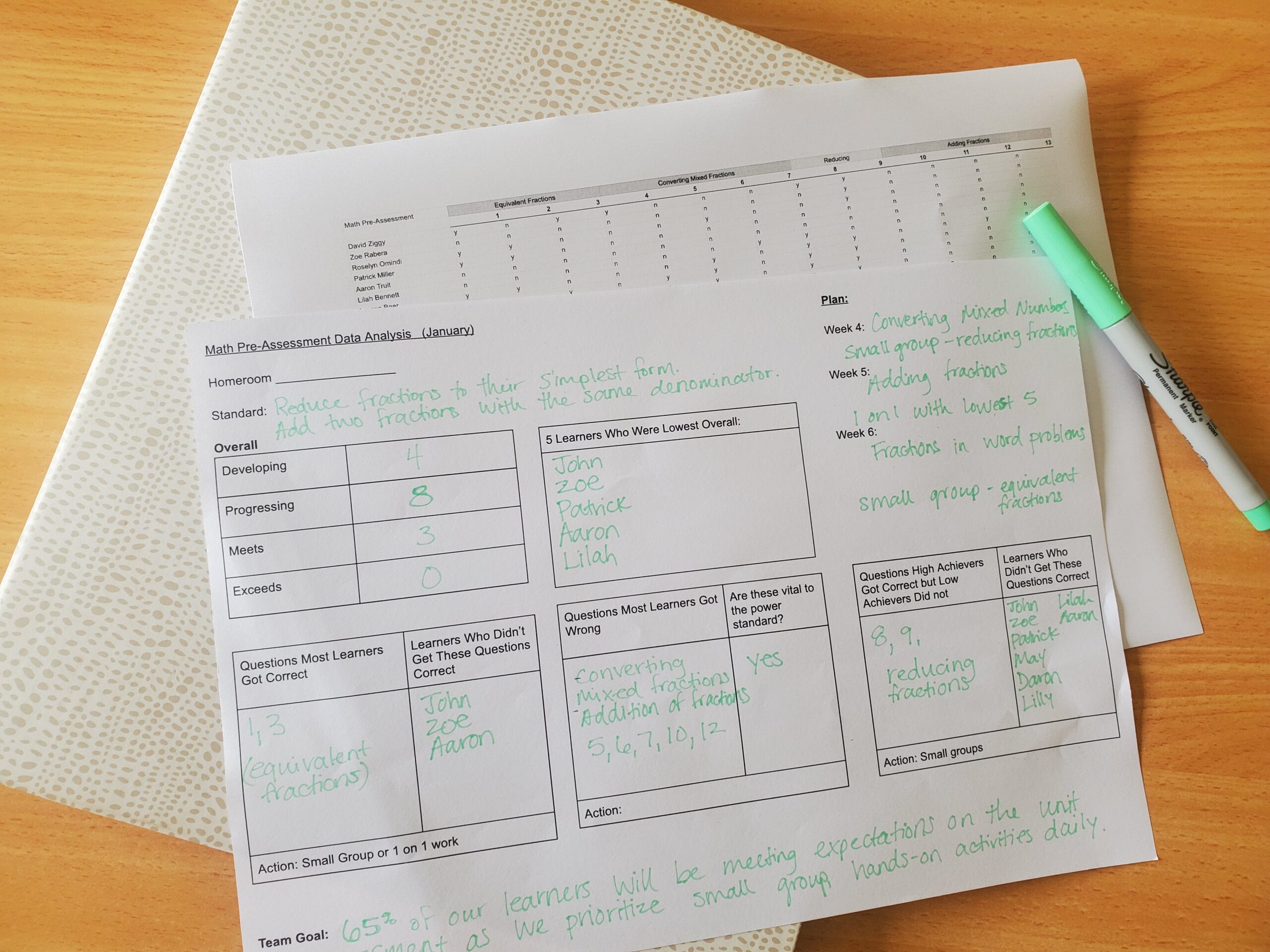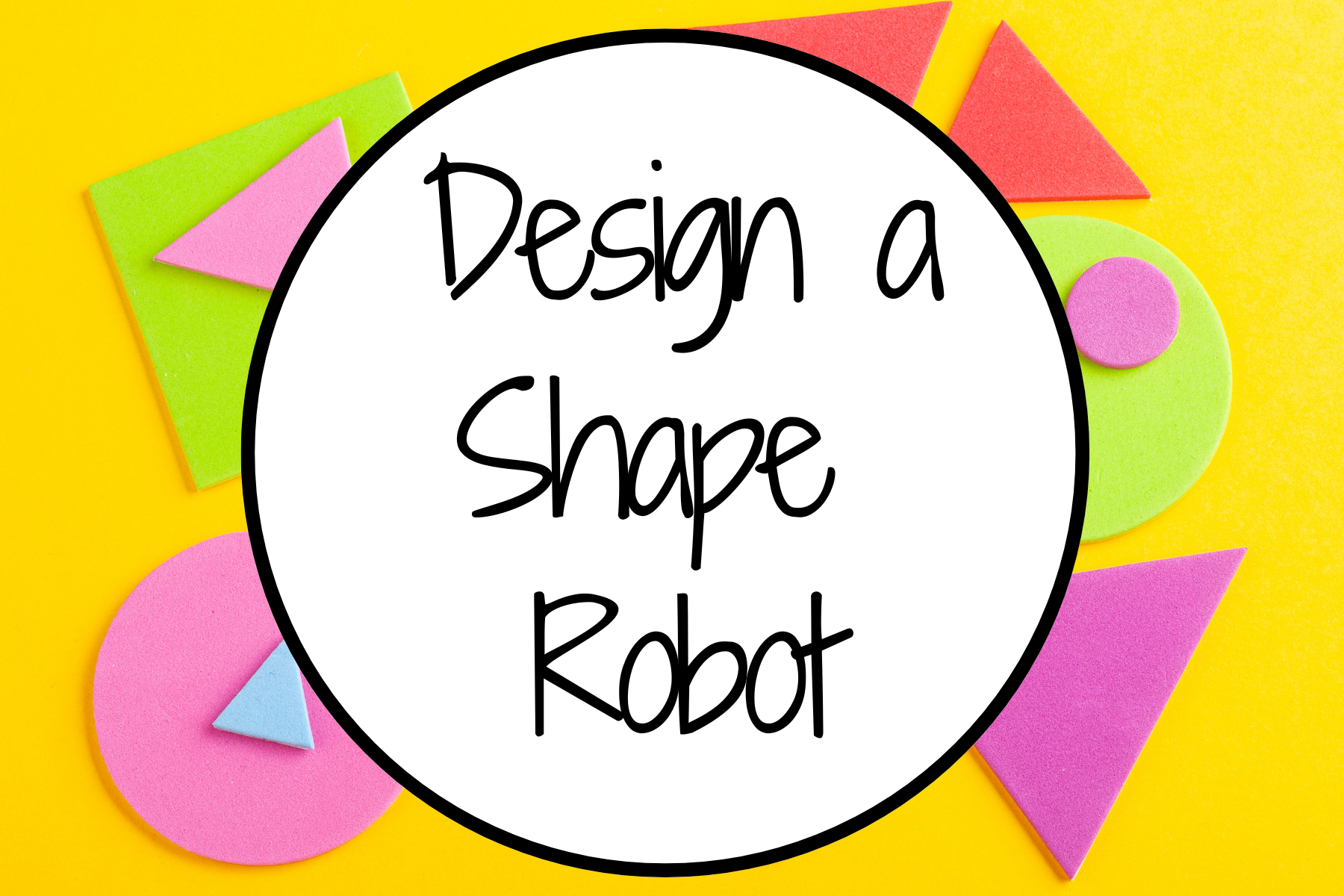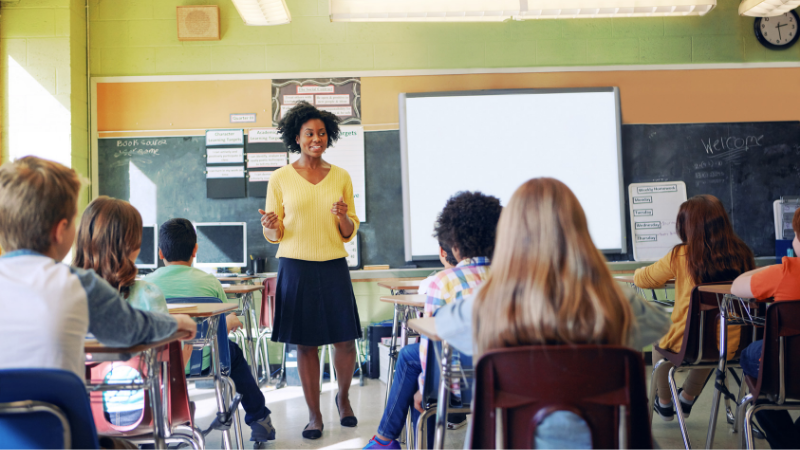Professional development is essential for educators to stay current with research, best practices, and emerging trends in education. Professional development allows teachers to explore new ideas, strategies, and technologies that can enhance their teaching effectiveness and student outcomes. However, over time, results have shown that offering teacher’s some degree of choice in the topics and ways they learn new information…
How to Analyze Pre-Assessments and See Student Growth
Pres-assessing students is important in a variety of ways. First it helps teachers understand what students already know about a topic. This allows them to tailor instruction to meet the needs of individual students or the class as a whole. With knowledge of students’ prior understanding, teachers can plan their lessons more effectively. They can identify areas where students may…
How to Give Transformative Feedback to Students
Here’s a common scenario in many classrooms. Students submit their final assignment, it is marked and feedback is provided. In their feedback, teachers provide tips the student can work on for future assignments. They might question mark things that are unclear. When the students get the assignment back, they may read the feedback but then they file the assignment away…
Getting Started As An Instructional Coach
Are you a new instructional coach? Trying to figure out how to organize yourself but not sure exactly where to start? Let me show you some of the forms and tools I use as a coach. First off, figure out your priorities. You can’t do everything all at once. If you’re new to your school, take some time to observe…
3 Different Approaches to Instructional Coaching and When To Use Them
Choosing the appropriate coaching approach depends on various factors, including the coachee’s needs, the coaching context, the coach’s style and expertise, and the specific goals and objectives of the coaching. Jim Knight’s book The Impact Cycle identifies three different approaches to coaching: facilitative, dialogical and direct. Coaches often adapt their approach, and they may incorporate elements of each of these…
Create a Shape Robot STEM Challenge
I love doing STEM challenges with kids. They can be a low-prep, highly engaging activity to pull out when you have some extra time, you have a substitute or you find your students’ attention dwindling during certain times of year. STEM challenges are great for summer break as well! Did you know that some studies estimate 70-80% of students experience…
Is Your Grading Fair? How to Assess Your Rubric
A rubric is supposed to make grading projects or presentations more fair. But do they always? No, they don’t always grade as fairly as we hope. That’s why it’s important to reflect after you grade projects with a rubric for the first time. You can do the following activity to check. Do on your own using several examples of student’s…
3 Data Collection Tools to Use During Informal Observations
Data collection allows administrators, school leaders, and educational researchers to assess and evaluate the effectiveness of teachers. By observing teachers in action, they can gather evidence about instructional practices, classroom management, student engagement, and overall teaching quality. This data helps provide constructive feedback to teachers, identify areas for improvement, and support professional development efforts. Classroom observations, combined with data on…
The Importance of Critical Thinking in the Classroom: Strategies for Teachers
Critical thinking is a crucial skill for students to develop in school. It is the ability to think deeply, logically, and independently about a topic, problem, or situation. The importance of critical thinking in education cannot be overstated, as it empowers students to become more effective learners, thinkers, and problem-solvers. 5 Reasons Why Critical Thinking Is So Important To Teach…
Ways Parents Can Prevent Summer Learning Loss
Summer learning loss, also known as “summer slide,” refers to the loss of academic skills and knowledge students may experience during the summer break. Parents may not be aware that the summer slide even exists but educators know it’s a real thing. This phenomenon occurs amongst almost every student of every age, but it has a particular tendency to occur…









